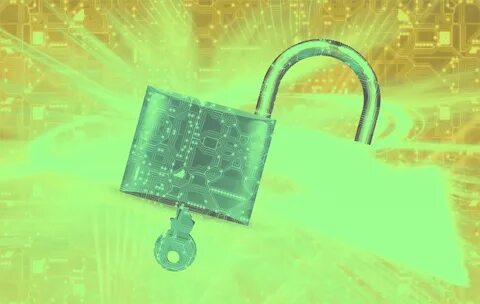MFA Software Token: Enhancing Security in the Digital Age
In today’s digital age, cybersecurity has become a top priority for businesses and organizations. With the increasing number of data breaches and cyber attacks, it’s essential to implement robust security measures to protect sensitive information. One such measure is multi-factor authentication (MFA), which adds an extra layer of security to the login process. In this article, we’ll discuss MFA software tokens, their benefits, and how they enhance security in the digital age.
What is MFA Software Token?
MFA software token is a digital security key that generates a unique one-time password (OTP) for each login attempt. This password is required along with the user’s username and password to access the system. The software token is typically installed on the user’s device, such as a smartphone or tablet, and communicates with the authentication server to generate the OTP.
Benefits of MFA Software Token
1. Enhanced Security: MFA software token adds an extra layer of security to the login process, making it more difficult for attackers to gain unauthorized access. Since the OTP is generated on the user’s device, it’s not susceptible to phishing attacks or other forms of social engineering.
2. Convenience: MFA software token eliminates the need for physical tokens, such as smart cards or USB keys, which can be easily lost or stolen. Users can simply install the software token on their device and use it to generate the OTP.
3. Cost-effective: MFA software token is a cost-effective solution for organizations as it eliminates the need for physical tokens, which can be expensive to distribute and manage.
4. Compatibility: MFA software token is compatible with a wide range of devices and operating systems, making it easy to implement and manage.
5. Customizable: MFA software token can be customized to meet the specific needs of an organization, such as the length of the OTP or the frequency of token rotation.
How MFA Software Token Enhances Security in the Digital Age
1. Prevents Phishing Attacks: MFA software token prevents phishing attacks by requiring the user to provide the OTP generated on their device, in addition to their username and password. This makes it more difficult for attackers to gain access to the system using stolen credentials.
2. Prevents Password Guessing: MFA software token prevents password guessing by requiring the user to provide the OTP generated on their device, in addition to their username and password. This makes it more difficult for attackers to guess the password, as they would also need to guess the OTP.
3. Prevents Session Hijacking: MFA software token prevents session hijacking by requiring the user to provide the OTP generated on their device, in addition to their username and password. This makes it more difficult for attackers to hijack the user’s session, as they would also need to guess the OTP.
4. Prevents Man-in-the-middle Attacks: MFA software token prevents man-in-the-middle attacks by encrypting the communication between the user’s device and the authentication server. This makes it more difficult for attackers to intercept the communication and steal the OTP.
5. Prevents Unauthorized Access: MFA software token prevents unauthorized access by requiring the user to provide the OTP generated on their device, in addition to their username and password. This makes it more difficult for attackers to gain access to the system using stolen credentials or other forms of social engineering.
Conclusion
MFA software token is a powerful security measure that enhances security in the digital age. It adds an extra layer of security to the login process, making it more difficult for attackers to gain unauthorized access. It’s convenient, cost-effective, customizable, and compatible with a wide range of devices and operating systems. By implementing MFA software token, organizations can prevent phishing attacks, password guessing, session hijacking, man-in-the-middle attacks, and unauthorized access, making their systems more secure and protecting sensitive information.
